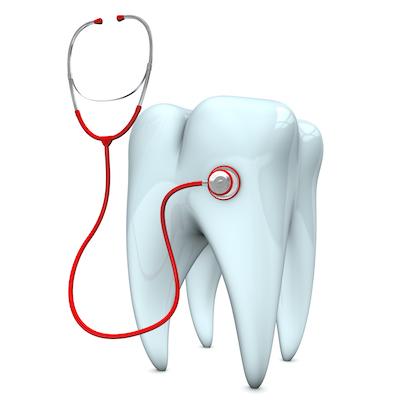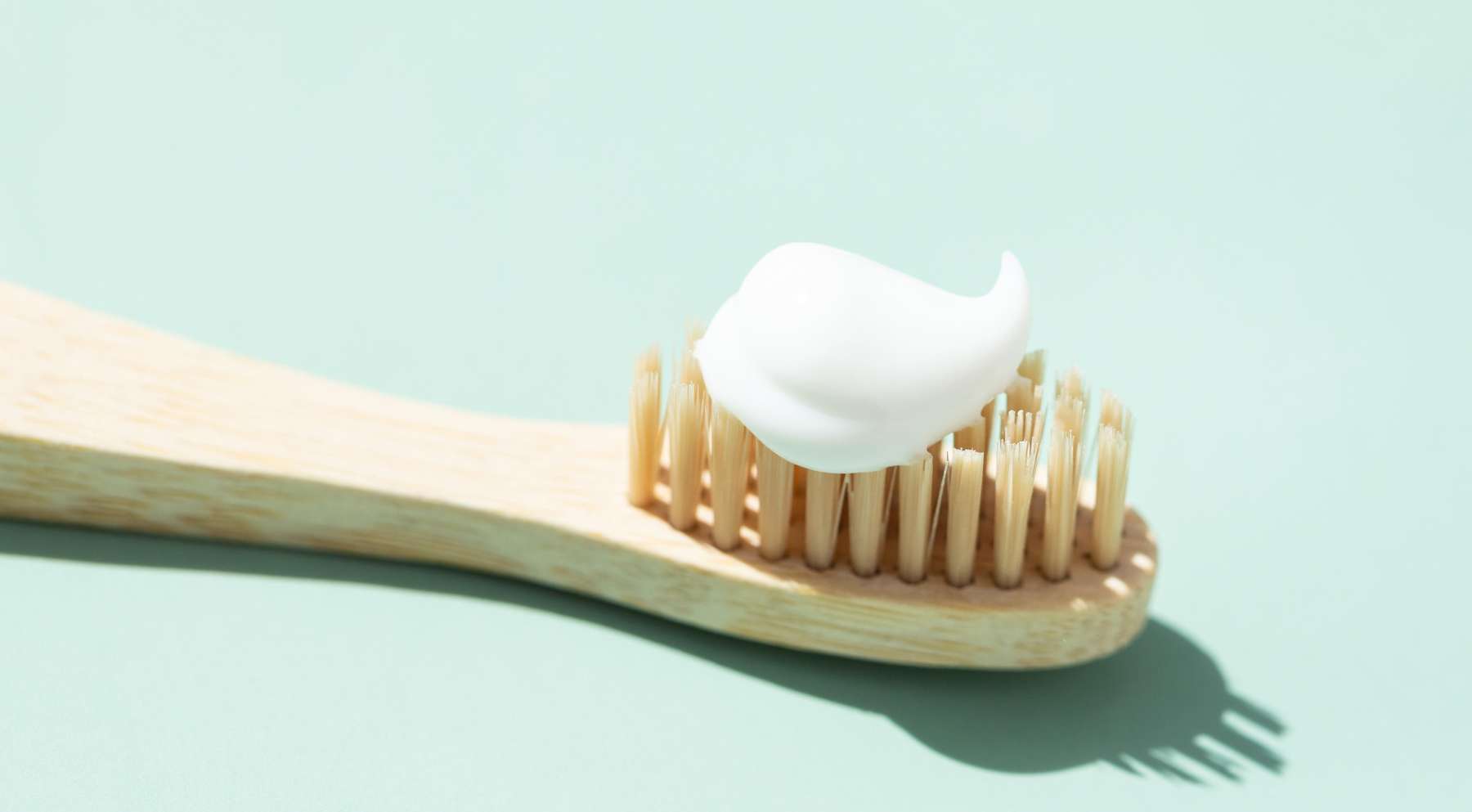
Brushing and flossing are vital to your oral health, but did you know that nutrition also plays an important role? For example, your teeth need calcium and vitamin D to stay strong and healthy. Your gums require vitamin C and vitamin A, among others.
In this blog, we provide information about the connection between nutrition and oral health, offering advice on oral health-friendly meals and habits. We aim to focus on foods that strengthen enamel and support gum health.
We explore:
- Essential Vitamins and Minerals for Your Oral Health
- Foods and Drinks that Support Your Teeth and Gums
- Additional Tips for a Healthy Smile
- When to Contact Your Bondi Junction Dentist
Essential Vitamins and Minerals for Your Oral Health
Consider:
- Calcium
- Phosphorus
- Vitamin C
- Vitamin D
- Vitamin A
- Fluoride
Of course, excellent oral hygiene is essential, but incorporating the right vitamins and minerals into your diet can make all the difference in the long term.
Foods and Drinks that Support Your Teeth and Gums
It’s okay to have a sweet treat now and then, but we encourage you to make smile-friendly nutrition a staple in your diet. Below, we share an incomplete list of smile-healthy foods.
- Calcium-Rich Foods — Green leafy veggies, low-fat yogurt and cheese, milk, fatty fish, such as salmon, poppy seeds, nuts and lentils.
- Phosphorus-Rich Foods — Dairy products, potatoes, eggs, asparagus, cauliflower, whole grains, seafood, red meat and poultry.
- Vitamin C, D or A Sources — Strawberries, sprouts, citrus fruit, mushrooms, fatty fish, orange/yellow fruits, sweet potatoes, pumpkin and fortified milk.
Use fluoride toothpaste to keep your enamel mineralised.
Additional Tips for a Healthy Smile
Remember, sugary and acidic foods and drinks can contribute to tooth decay and negatively impact gum health.  Below, we share several additional tips to keep you smiling comfortably.
Below, we share several additional tips to keep you smiling comfortably.
- When thirsty, choose water instead of soda or fruit juice.
- Stay hydrated, especially with water.
- Chew sugarless gum to combat dry mouth.
- Ask your dentist or oral therapist for helpful at-home tips.
- Brush and floss after all meals whenever possible.
- Use a fluoride-fortified rinse.
- If you are prone to tooth decay or chipping, discuss a fluoride treatment with your dentist.
- See your dentist every six months for checks and cleans in Bondi Junction.
- Wear a nightguard if you’ve been diagnosed with bruxism (teeth grinding).
- Wear a mouthguard if you’re part of a sports team.
When to Contact Your Bondi Junction Dentist
We recommend consulting with your Bondi Junction dentist or a team member if you notice any changes in your oral health, such as sores that don’t heal or persistent tooth sensitivity. We are also here to address any questions you may have about our treatments, services, or your oral health.
To arrange your next booking, we welcome your call today on (02) 9389 2570.

